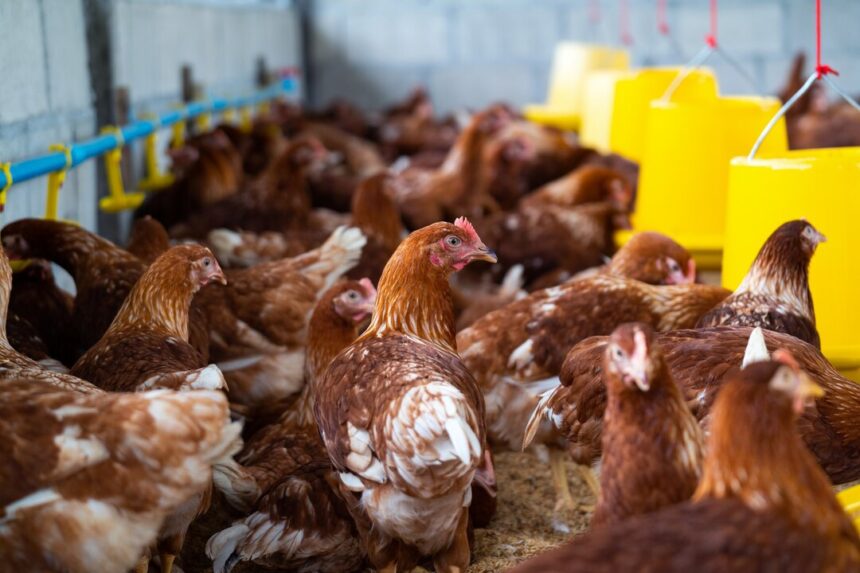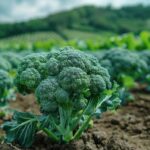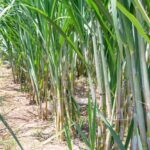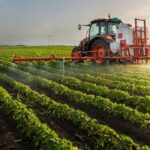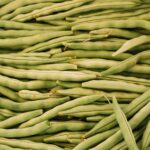Chicken farming is a cornerstone of South Africa’s agricultural industry, contributing significantly to food security, employment, and economic growth. With a diverse array of production systems and breeds, chicken farming offers opportunities for small-scale producers and large commercial enterprises alike. In this article, we’ll delve into 20 essential things to know about chicken farming in South Africa, covering key aspects of production, management, and industry dynamics.
1. Poultry Industry Overview
The poultry industry in South Africa is a thriving sector that encompasses broiler meat production, egg production, and breeding operations. It ranks among the largest agricultural sectors in the country, providing a vital source of protein for the nation’s population.
2. Broiler Production
Broiler production is the primary focus of the South African poultry industry, accounting for the majority of chicken meat consumed domestically. Broilers are raised specifically for meat production and typically reach market weight within 6-8 weeks.
3. Layer Production
Layer production involves raising chickens for egg production, with hens laying eggs for consumption or hatching. Layer farms require specialized management practices to optimize egg production, quality, and flock health.
4. Breeder Operations
Breeder operations focus on producing fertile eggs for both broiler and layer production. Breeders are carefully selected for desirable traits such as egg production, growth rate, and disease resistance to ensure the genetic quality of offspring.
5. Production Systems
Chicken farming in South Africa encompasses various production systems, including free-range, organic, and intensive systems. Each system has its advantages and challenges, catering to different market preferences and production objectives.
6. Disease Management
Disease management is a critical aspect of chicken farming, with biosecurity measures implemented to prevent the spread of infectious diseases such as avian influenza and Newcastle disease. Vaccination programs, sanitation practices, and quarantine protocols are essential for maintaining flock health.
7. Feed and Nutrition
Proper nutrition is essential for the health and productivity of chickens, with balanced diets formulated to meet their nutritional requirements at each stage of growth. Feed ingredients, supplements, and feeding practices play a crucial role in maximizing performance and efficiency.
8. Housing and Environment
Chicken housing and environmental conditions significantly impact flock health, welfare, and performance. Well-designed housing facilities provide adequate ventilation, temperature control, and space allowance to ensure the comfort and well-being of chickens.
9. Genetics and Breeding Programs
Genetics and breeding programs play a crucial role in improving the productivity and efficiency of chicken farming. Selective breeding for desirable traits such as growth rate, feed efficiency, and disease resistance helps to enhance the genetic potential of poultry flocks.
10. Egg Grading and Handling
Egg grading and handling are important aspects of layer production, ensuring that eggs are clean, intact, and safe for consumption. Grading systems categorize eggs based on size, quality, and weight, with strict hygiene standards maintained throughout the process.
11. Market Dynamics
The South African poultry market is influenced by various factors, including consumer preferences, economic conditions, and trade policies. Producers must stay informed about market trends, pricing dynamics, and regulatory requirements to make informed decisions about production and marketing strategies.
12. Value-Added Products
Chicken farming in South Africa extends beyond meat and eggs to include value-added products such as processed meats, ready-to-eat meals, and pet food. Value-added products offer opportunities for diversification and added value along the poultry supply chain.
13. Employment Opportunities
Chicken farming provides employment opportunities across the entire poultry value chain, from farm laborers and technicians to veterinarians and marketing professionals. The industry contributes to job creation and rural development, particularly in areas with high poultry production activity.
14. Environmental Impact
Chicken farming can have environmental implications related to land use, water consumption, and waste management. Sustainable practices such as waste recycling, energy efficiency, and land stewardship are essential for minimizing the environmental footprint of poultry operations.
15. Regulatory Compliance
Chicken farmers must adhere to various regulations and standards related to animal welfare, food safety, and environmental protection. Compliance with regulatory requirements ensures the integrity of the poultry industry and promotes consumer confidence in chicken products.
16. Technology Adoption
Advancements in technology, such as automated feeding systems, climate control systems, and data analytics, are transforming chicken farming practices in South Africa. Technology adoption improves efficiency, productivity, and decision-making in poultry operations.
17. Export Opportunities
South Africa’s poultry industry has export potential for chicken meat, eggs, and value-added products. Export opportunities depend on factors such as product quality, market access, and international trade agreements.
18. Risk Management
Chicken farmers face various risks, including disease outbreaks, market volatility, and input cost fluctuations. Risk management strategies such as insurance, hedging, and diversification help mitigate financial and operational risks in poultry farming.
19. Research and Innovation
Research and innovation play a vital role in advancing the poultry industry through the development of new technologies, breeding techniques, and production practices. Collaboration between industry stakeholders, research institutions, and government agencies drives innovation and continuous improvement in chicken farming.
20. Future Outlook
The future of chicken farming in South Africa is promising, with opportunities for growth, innovation, and sustainability. By embracing technological advancements, adopting best practices, and addressing emerging challenges, the poultry industry will continue to thrive and meet the evolving needs of consumers and society.
Chicken farming in South Africa is a dynamic and multifaceted industry that contributes significantly to food production, economic development, and rural livelihoods. By understanding the key aspects of chicken farming outlined in this article, stakeholders can make informed decisions and contribute to the continued success and sustainability of the poultry sector in South Africa.

